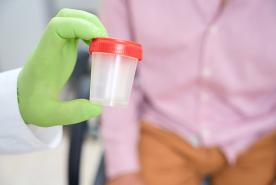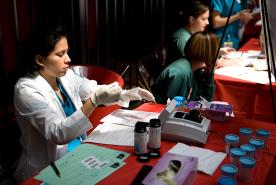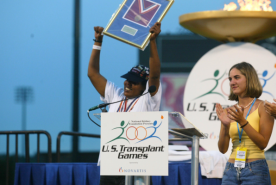Can a person with HIV have a kidney transplant?
Yes, it is possible for people with HIV to have a kidney transplant. All candidates for a kidney transplant need to undergo a thorough medical exam before being an active candidate on the kidney transplant waitlist. HIV patients must have an undetectable viral load and a CD4 count over 200 to be considered for a transplant. Maintaining your CD4 count over 200 and have as low of viral load as possible is important. After receiving a kidney transplant, patients need to take medications that suppress their immune system for the life of the kidney transplant.
Can a person with HIV donate a kidney?
Yes, a person with HIV can donate a kidney to someone who is HIV positive. On November 21, 2013, the HOPE Act (HIV Organ Policy Equity Act) was signed into law. This law allows people with HIV to register as organ donors. People with HIV on the transplant wait list at approved centers can choose to accept these organs. (In other words, organs from HIV-positive donors are only offered to HIV-positive transplant candidates.) The transplant center will look at the deceased donor's CD4 counts and HIV viral loads, but there is no absolute threshold for either.
The HOPE Act also allows people with HIV to be living donors. To become an HIV-positive living donor, you must:
- Meet all requirements of the transplant center
- Have an undetectable viral load and a CD4 count over 500
- Have no prior history of an invasive infection, such as PCP pneumonia or active fungal meningitis
- Undergo a kidney biopsy
Click here to learn more from UNOS.org: The Hope Act
Click here to find a participating transplant center: Dept of Health and Human Resources

















